Maimul Ahsan Khan
Showing the single result
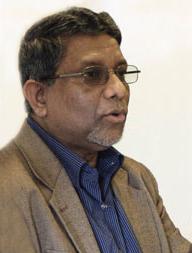
As a Professor of Law and Fulbright Fellow, Maimul Ahsan Khan, has served to a number of American (UIUC-Law, UC-Davis-Berkeley), Czech, and Bangladeshi universities, Amnesty International-USA (Country Specialist on Afghanistan), Bangladesh Institute of International and Strategic Studies, UK-based Islamic Foundation in Leicester, Islamic University (Gazipur), International University in Qazvin. He has published a good number of books (more than a dozen) and many articles in Bengali, Russian, and English languages. He contributed to many Soviet, Iranian, Turkish, Czech, Malaysian, Taiwanese, Japanese, and American academic institutions and circles with a distinct voice of protest against all kinds of injustices, including violations of human rights in general and discrimination against Muslims and Bengalis in particular. From Tashkent State University, in 1985, he was awarded Ph.D. for his research on Jurisprudence with special emphasis on Islamic legal postulates as applied in the constitutional development of the Middle Eastern countries and tried to make some of the Soviet academic groups (especially Muslim-Communists) a little bit sensitive to Islamic issues of global and regional significance. He successfully challenged the long-lasting Soviet communist belief that Islam was dead and Muslims had no future at world stage as civilization-builders, and successfully demonstrated in his research that Islam was alive and Muslims had been coming back as an integral part of the overall religious, spiritual, and civilizational revival around the globe to play an active role in legal, political, cultural, commercial, and diplomatic life in the Middle East, Muslim World, and beyond.
Author's Books
Bestsellers
-
 Predestination & Free Will: A Comparative Theological Study
$18.95
Predestination & Free Will: A Comparative Theological Study
$18.95 -
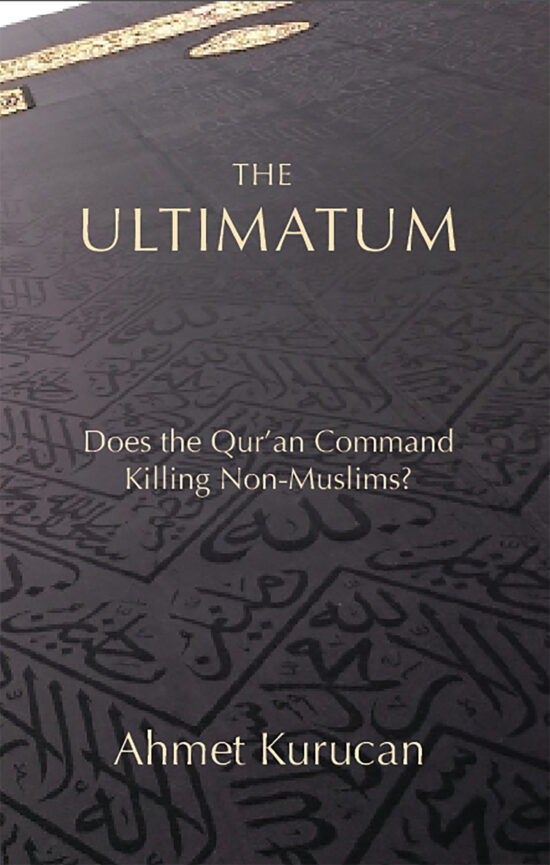 The Ultimatum: Does the Qur’an Command Killing Non-Muslims?
$19.95
The Ultimatum: Does the Qur’an Command Killing Non-Muslims?
$19.95 -
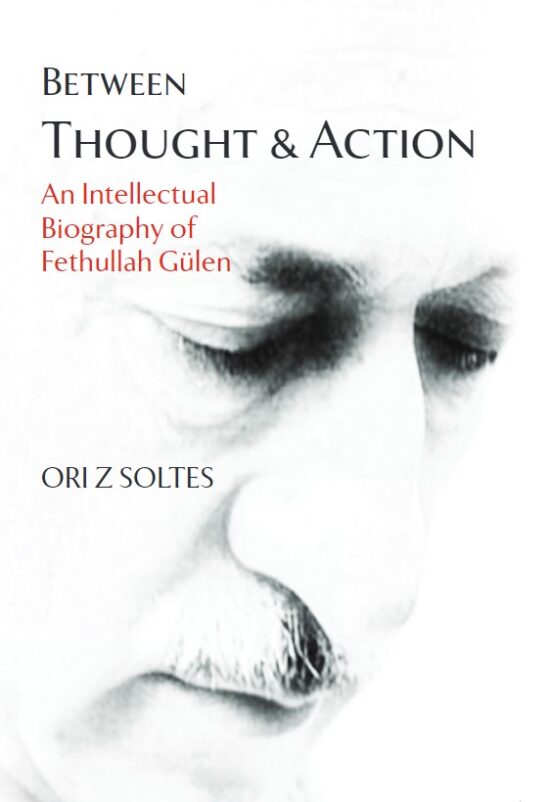 Between Thought and Action: An Intellectual Biography of Fethullah Gulen
$24.95
Between Thought and Action: An Intellectual Biography of Fethullah Gulen
$24.95 -
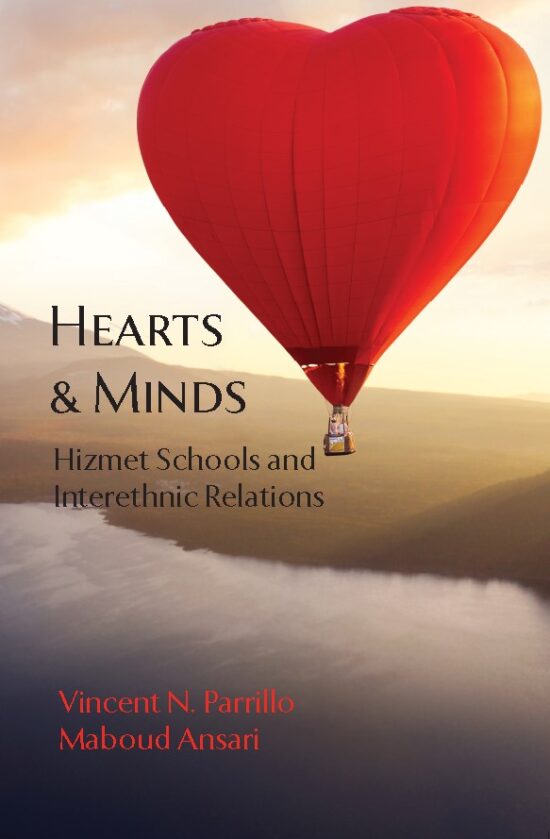 Hearts & Minds: Hizmet Schools and Interethnic Relations
$16.95
Hearts & Minds: Hizmet Schools and Interethnic Relations
$16.95 -
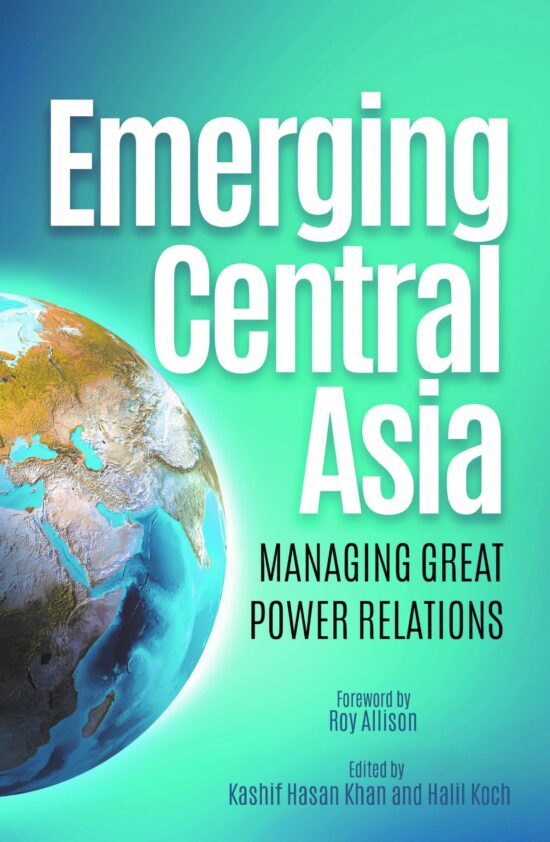 Emerging Central Asia: Managing Great Power Relations
$24.95
Emerging Central Asia: Managing Great Power Relations
$24.95
